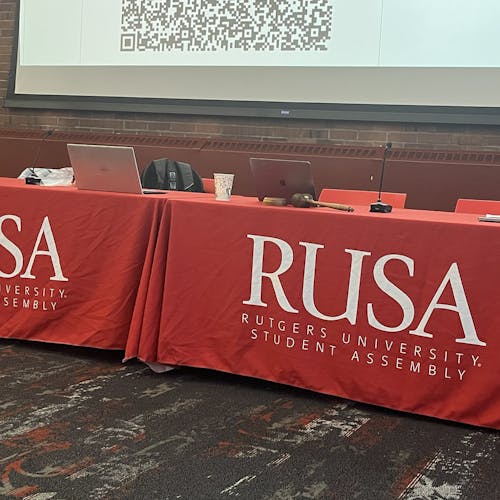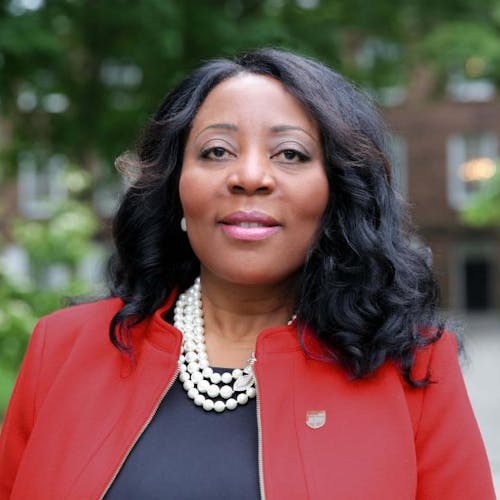Dean, students share advice on how to maximize success during college

With everything students need to get done in order to graduate, find a career path and keep their sanity in tact, many might not know all the steps it takes to make the best use of their time.
Rutgers students and faculty alike are now providing insight about how students can make the most of their college years.
The first year of college tends to be the hardest because many view it as a huge adjustment, said Julie Traxler, assistant dean and director of First-Year Advising at the School of Arts and Sciences.
“It’s the most emotionally difficult [year],” she said. “There’s so much you don’t know … You don’t really have an idea of how to function here, necessarily.”
The most important thing for first-year students to do is take advantage of all of their options, such as Byrne seminars and the student involvement fair, Traxler said.
She said students should recognize opportunities for personal improvement.
“You have to acknowledge what you’ve done, what went well and what didn’t go well, and maybe plan for what’s going to change next year,” Traxler said.
Sarah Simon, a School of Arts and Sciences first-year student, said if she had known better, she would have taken advantage of what she had at her disposal during her first semester at Rutgers.
“I would have taken advantage of the add/drop period, [and] I would have made more older friends and asked for advice,” she said.
At the beginning of sophomore year, Traxler said students are going to want to spend time to settle down to the concept of major and minor, and continue to make progress with them.
Sophomores should prioritize staying on-track with their major instead of completing the Core Curriculum, said Betty Spear, assistant dean and director of Senior Advising for the School of Arts and Sciences.
“Don't complacently work on completing the Core Curriculum at the expense of putting off important decisions about exploring subjects for a possible major and minor,” she said.
Junior year should be spent identifying academic options such as research opportunities, study abroad and internships, Traxler said.
She said by the end of junior year, students should make sure they are on-track to graduate on-time.
“That’s the time to make sure all the ducks are in a row, so making sure everything looks like it’s two semesters out from being done,” Traxler said.
Simrit Dhatt, a School of Arts and Science junior, said as a rising senior, it is also important to keep an open social mentality associated with one’s first year.
Internships are helpful because they provide students with first-hand experience in their fields, she said.
“I'm really feeling like I’m prepped for senior year in terms of having the right internships and the right step to get me into the career field,” she said.
Advising can be useful in finding University resources, and possibly pointing out undiscovered opportunities, Traxler said.
“It gives a student the chance to talk about the bigger plans –– I’m making progress, but where do I go?” she said.
Senior year is different than other academic years because there is a transition happening at the end, Spear said. She said planning is necessary to have a successful year.
Students need to start early by talking to faculty advisers and making sure they will complete major and minor requirements, Spear said.
“[Students should take] advantage of University services such as Career Services to help prepare for their transition out of college, and [spend] time with friends to enjoy the last part of the undergraduate experience,” Spear said.
Senior year is stressful because students need to prepare to enter the work force while also ensuring they graduate on time, said Amanda Silverman, a School of Arts and Sciences senior.
“It’s a little bit stressful preparing to go into the work world, and also just making sure that all my requirements have been fulfilled, [but] I’m really looking forward to getting out there and getting a job,” she said.
Advising is recommended for all students, especially seniors, because it helps to reflect on the college experience, Spear said.
She said regardless of what one learns in the classroom, employers want to see how students market themselves.
“This insight is what seniors can use to market themselves to prospective employers,” she said. “It doesn't matter [what] you learned ... by studying history, English, economics or geology, but that you can show an employer examples of just how valuable you can be,” Spear said.



